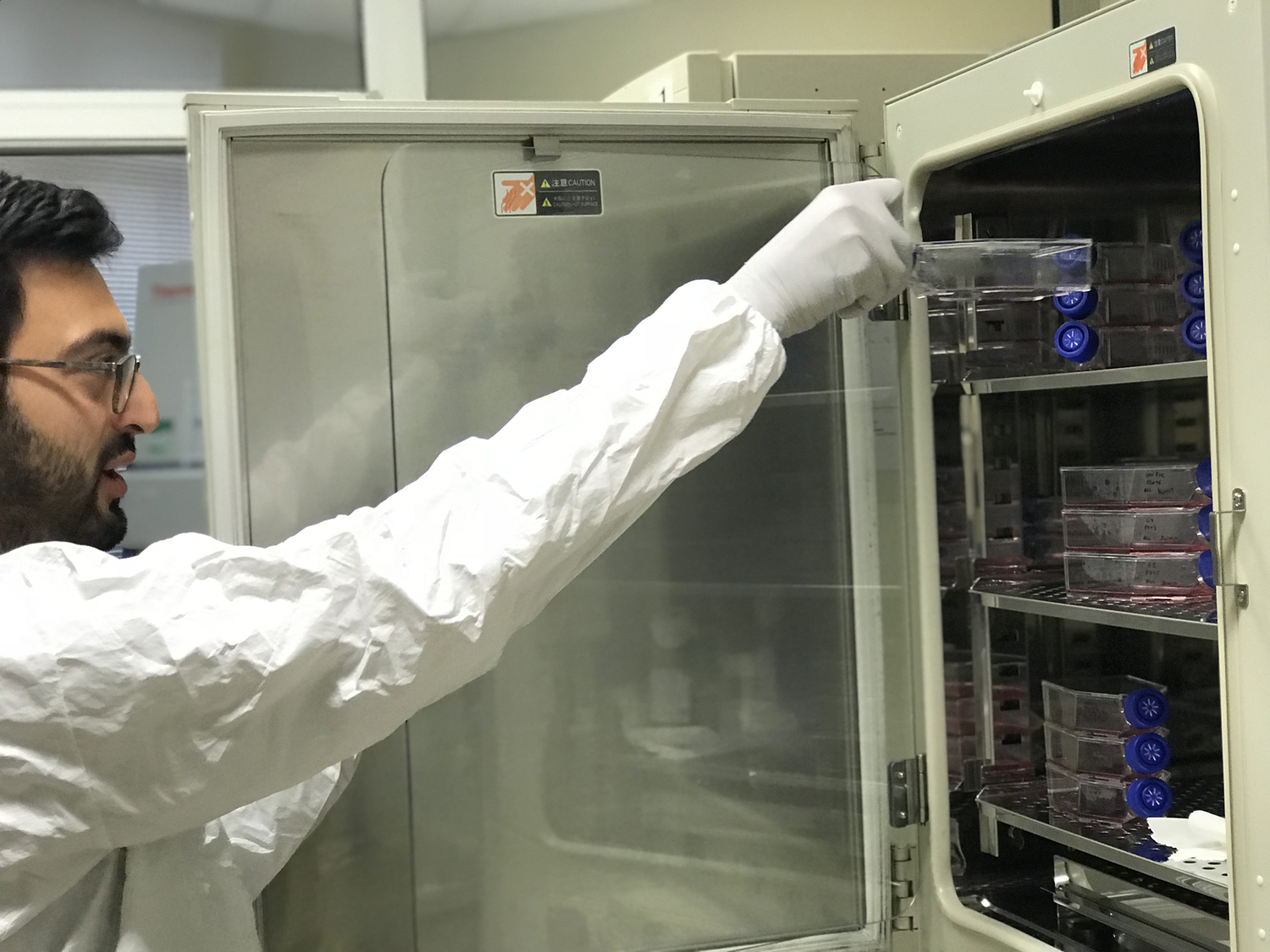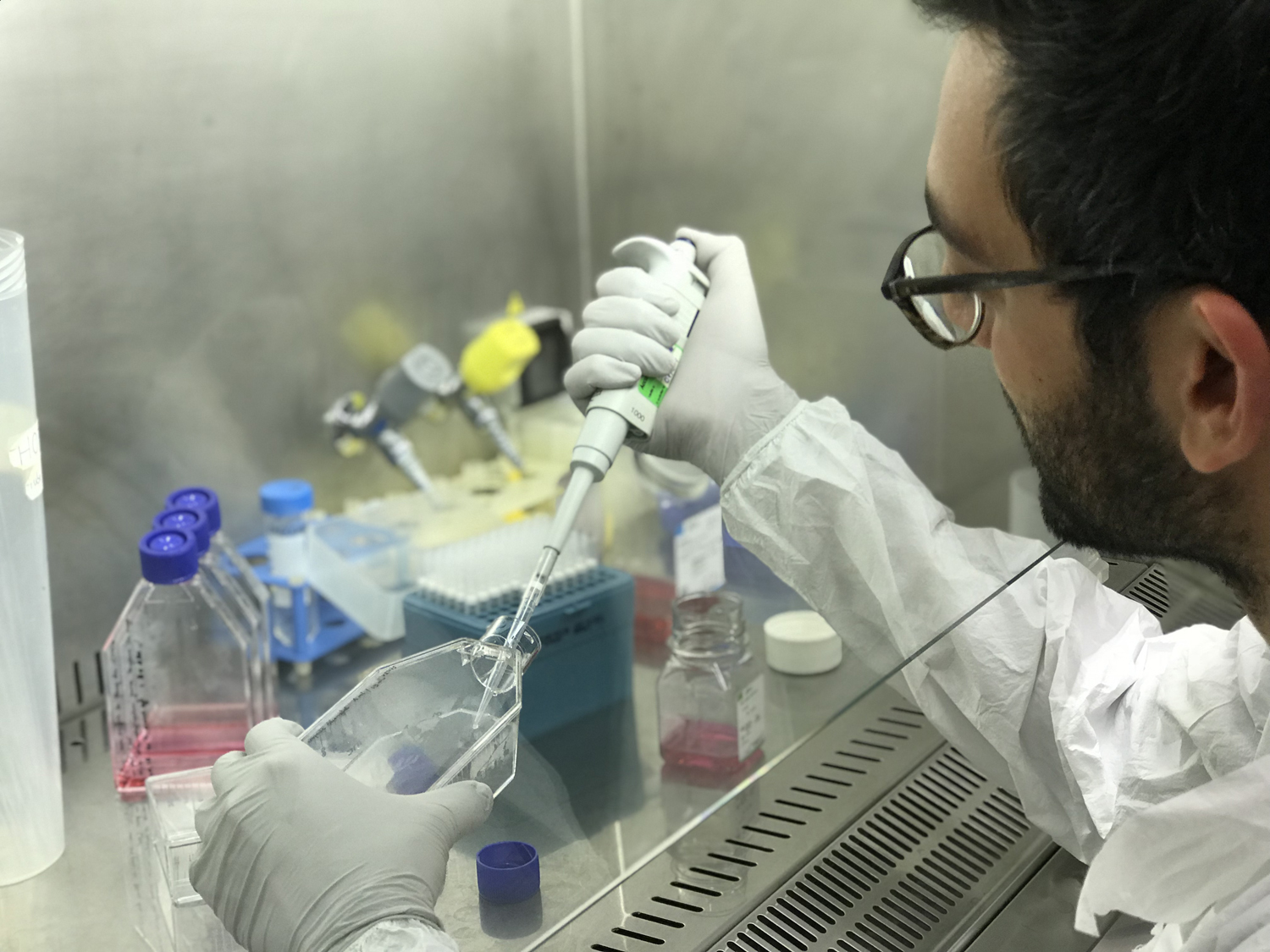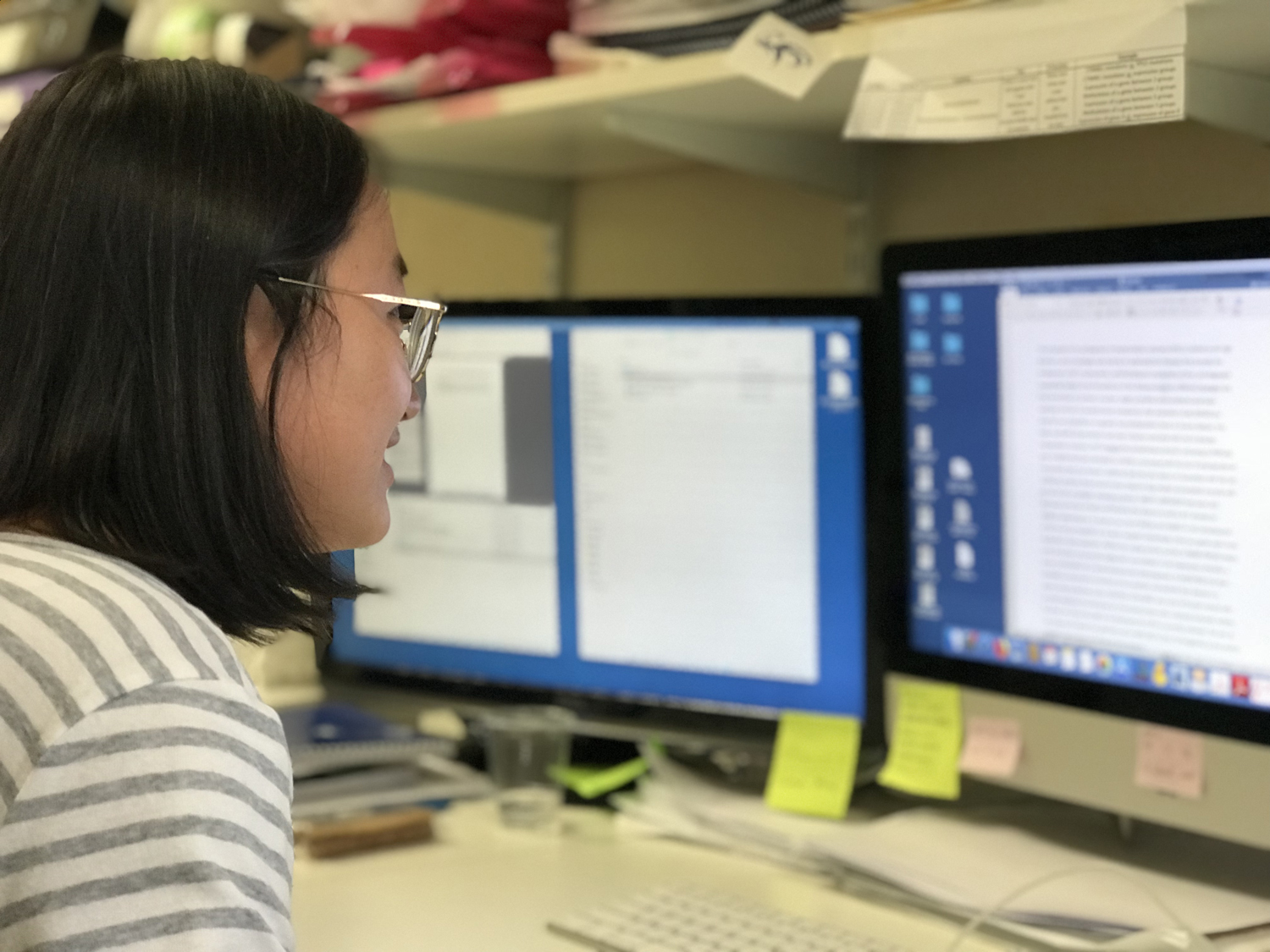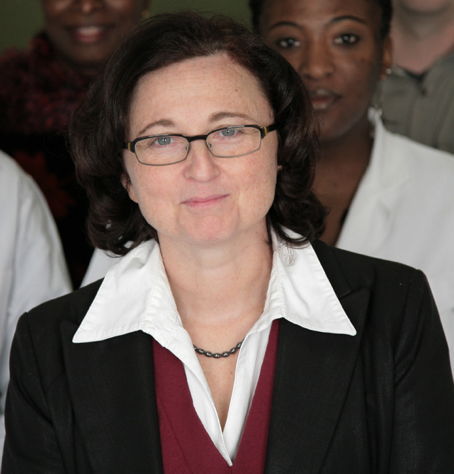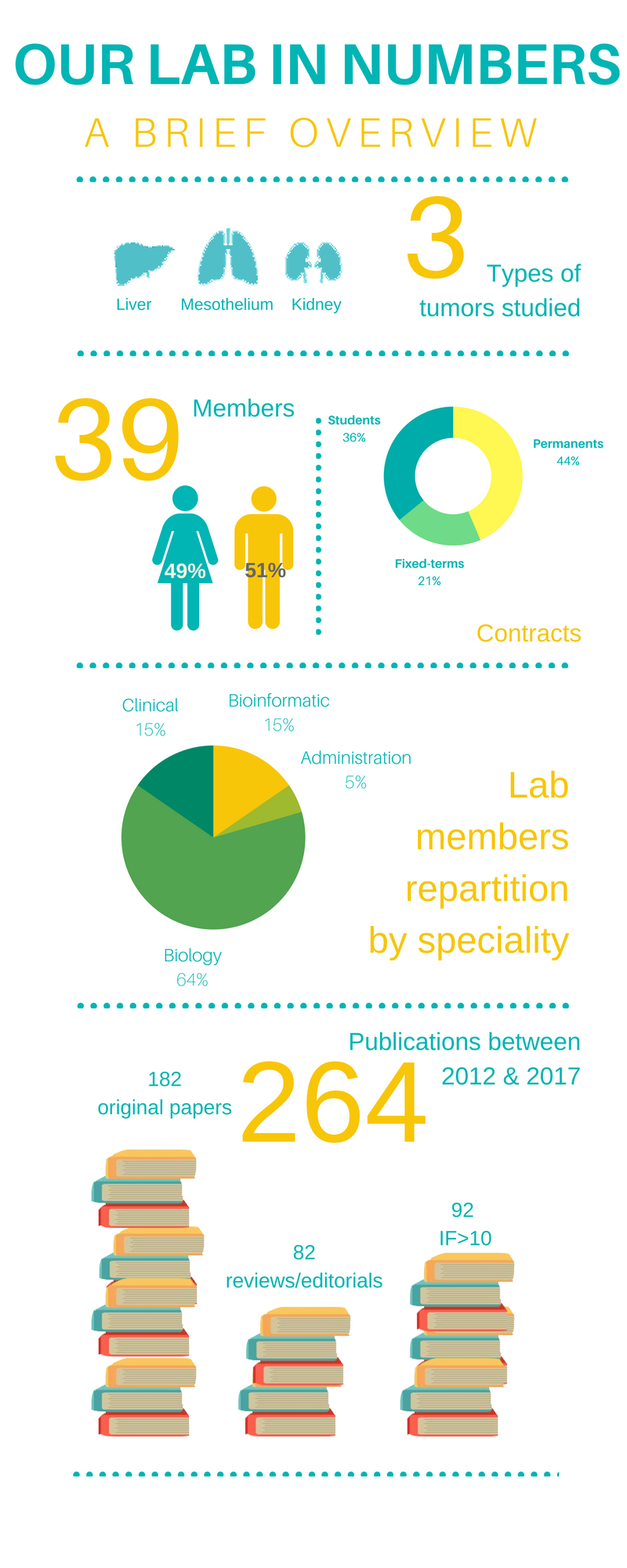Functional Genomics of Renal Cancer
Renal Cancer – 10 years of FunGeST expertise at the service of clinicians
Group Leaders
Actual Projects
J Zucman-Rossi (PUPH), B Beuselinck (PUPH Louvain)
Fundings: Inca
We aim to translate the molecular classification of clear cell renal cancer into genome based clinical trial int cooperation with Sautès-Fridman team at CRC and clinicans at HEGP and Louvain. We also search for biomarkers predicting response to anti-angiogenic thearapies.
Past Works
Recently, we described a molecular classification of clear cell renal cancer (ccRCCs) into four robust subgroups with distinctive characteristics on multi-omics analyses. These subgroups are defined by various levels of myc activation, angiogenic activation and immune response associated with outcome of metastatic ccRCC treated with sunitinib. This classification has future application in patient care, in particular to predict drug response.
Beseulinck et al, Clin Cancer Research 2015.
Publications
Fibroblast Growth Factor Receptor-2 Polymorphism rs2981582 is Correlated With Progression-free Survival and Overall Survival in Patients With Metastatic Clear-cell Renal Cell Carcinoma Treated With Sunitinib. Vanmechelen M, Lambrechts D, Van Brussel T, Verbiest A, Couchy G, Schöffski P, Dumez H, Debruyne PR, Lerut E, Machiels JP, Richard V, Albersen M, Verschaeve V, Oudard S, Méjean A, Wolter P, Zucman-Rossi J, Beuselinck B. Clin Genitourin Cancer. 2019 Apr;17(2):e235-e246. doi: 10.1016/j.clgc.2018.11.002. Epub 2018 Nov 16.
Polymorphisms in the Von Hippel-Lindau Gene Are Associated With Overall Survival in Metastatic Clear-Cell Renal-Cell Carcinoma Patients Treated With VEGFR Tyrosine Kinase Inhibitors. Verbiest A, Lambrechts D, Van Brussel T, Couchy G, Wozniak A, Méjean A, Lerut E, Oudard S, Verkarre V, Job S, de Reynies A, Machiels JP, Patard JJ, Zucman-Rossi J, Beuselinck B. Clin Genitourin Cancer. 2018 Aug;16(4):266-273. doi: 10.1016/j.clgc.2018.01.013.
Molecular Subtypes of Clear-cell Renal Cell Carcinoma are Prognostic for Outcome After Complete Metastasectomy. Verbiest A, Couchy G, Job S, Caruana L, Lerut E, Oyen R, de Reyniès A, Tosco L, Joniau S, Van Poppel H, Van Raemdonck D, Van Den Eynde K, Wozniak A, Zucman-Rossi J, Beuselinck B. Eur Urol. 2018 Oct;74(4):474-480. doi: 10.1016/j.eururo.2018.01.042. Epub 2018 Feb 17.
Pro-angiogenic gene expression is associated with better outcome on sunitinib in metastatic clear-cell renal cell carcinoma. Beuselinck B, Verbiest A, Couchy G, Job S, de Reynies A, Meiller C, Albersen M, Verkarre V, Lerut E, Méjean A, Patard JJ, Laguerre B, Rioux-Leclercq N, Schöffski P, Oudard S, Zucman-Rossi J. Acta Oncol. 2018 Apr;57(4):498-508. doi: 10.1080/0284186X.2017.1388927. Epub 2017 Nov 2.
Validation of VEGFR1 rs9582036 as predictive biomarker in metastatic clear-cell renal cell carcinoma patients treated with sunitinib. Beuselinck B, Jean-Baptiste J, Schöffski P, Couchy G, Meiller C, Rolland F, Allory Y, Joniau S, Verkarre V, Elaidi R, Lerut E, Roskams T, Patard JJ, Oudard S, Méjean A, Lambrechts D, Zucman-Rossi J. BJU Int. 2016 Dec;118(6):890-901. doi: 10.1111/bju.13585. Epub 2016 Aug 12.
RANK/OPG ratio of expression in primary clear-cell renal cell carcinoma is associated with bone metastasis and prognosis in patients treated with anti-VEGFR-TKIs. Beuselinck B, Jean-Baptiste J, Couchy G, Job S, De Reynies A, Wolter P, Théodore C, Gravis G, Rousseau B, Albiges L, Joniau S, Verkarre V, Lerut E, Patard JJ, Schöffski P, Méjean A, Elaidi R, Oudard S, Zucman-Rossi J. Br J Cancer. 2015 Nov 3;113(9):1313-22. doi: 10.1038/bjc.2015.352. Epub 2015 Oct 13.
Kidney cancer: Single nucleotide polymorphisms in mRCC-is their time up? Beuselinck B, Zucman-Rossi J. Nat Rev Urol. 2015 Aug;12(8):424-6. doi: 10.1038/nrurol.2015.149. Epub 2015 Jun 30. No
More publications


